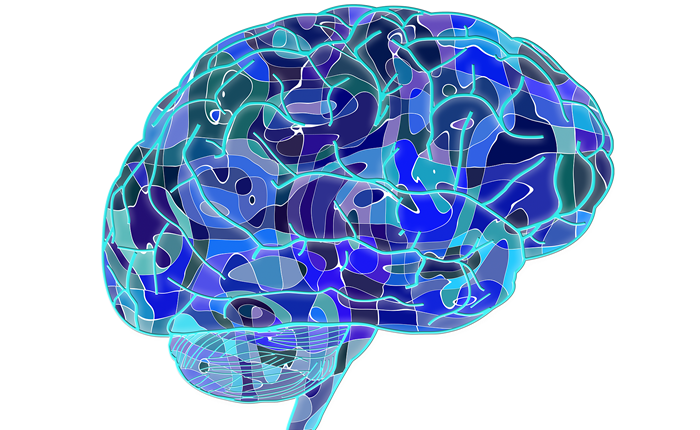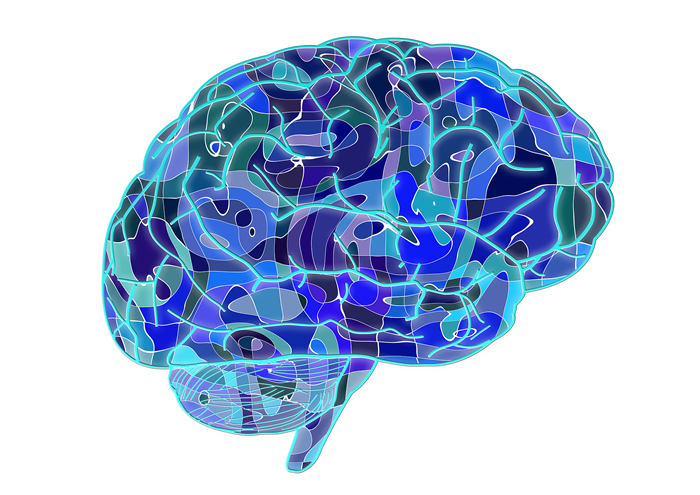A team of researchers from Spain and Canada has found evidence that suggests people who are not emotionally moved by music have less connectivity between the regions in the brain responsible for processing sounds and those involved in managing emotions. They have published their results in Proceedings of the National Academy of Sciences.
Scientists have long known that there are some people in any given culture that simply do not respond emotionally to music—any kind of music. While some in the field have theorized that it is likely due to reduced communication in the brain between the regions responsible for processing music and those responsible for generating a response, none have actually tested the idea. In this new effort, the researchers have done just that.
To get a better idea of what goes on in the brains of those who feel no response to music, the researchers enlisted the assistance of 15 such people asking them to undergo fMRI scans while they listened to music playing. To provide a basis for comparison, the researchers recruited 30 more volunteers, 15 of whom believed themselves to respond in an average way to music they liked and 15 individuals who believed they responded more strongly to music they liked than the average person. Both of these groups also underwent brain scans while listening to their favorite music.
In comparing the scans, the researchers found that those who felt no response to music had less blood flowing to a part of the brain known to be involved in processing rewards than did the other two groups. They also report that all three groups responded nearly identically when engaged in other pleasure-evoking activities. This, the researchers suggest, indicates that a lack of music appreciation does not mean there is a difference in the reward system part of the brain. The researchers noted also that there was a clear difference in communication between the auditory processing parts of the brain and the rewards system.
Still not clear, however, is if one part of the scenario causes the other—does the lack of music appreciation cause a reduction in brain connectivity, or is it perhaps the other way around? More research will have to be done before that question can be answered.
More information: MedicalXpress



Comments are closed, but trackbacks and pingbacks are open.